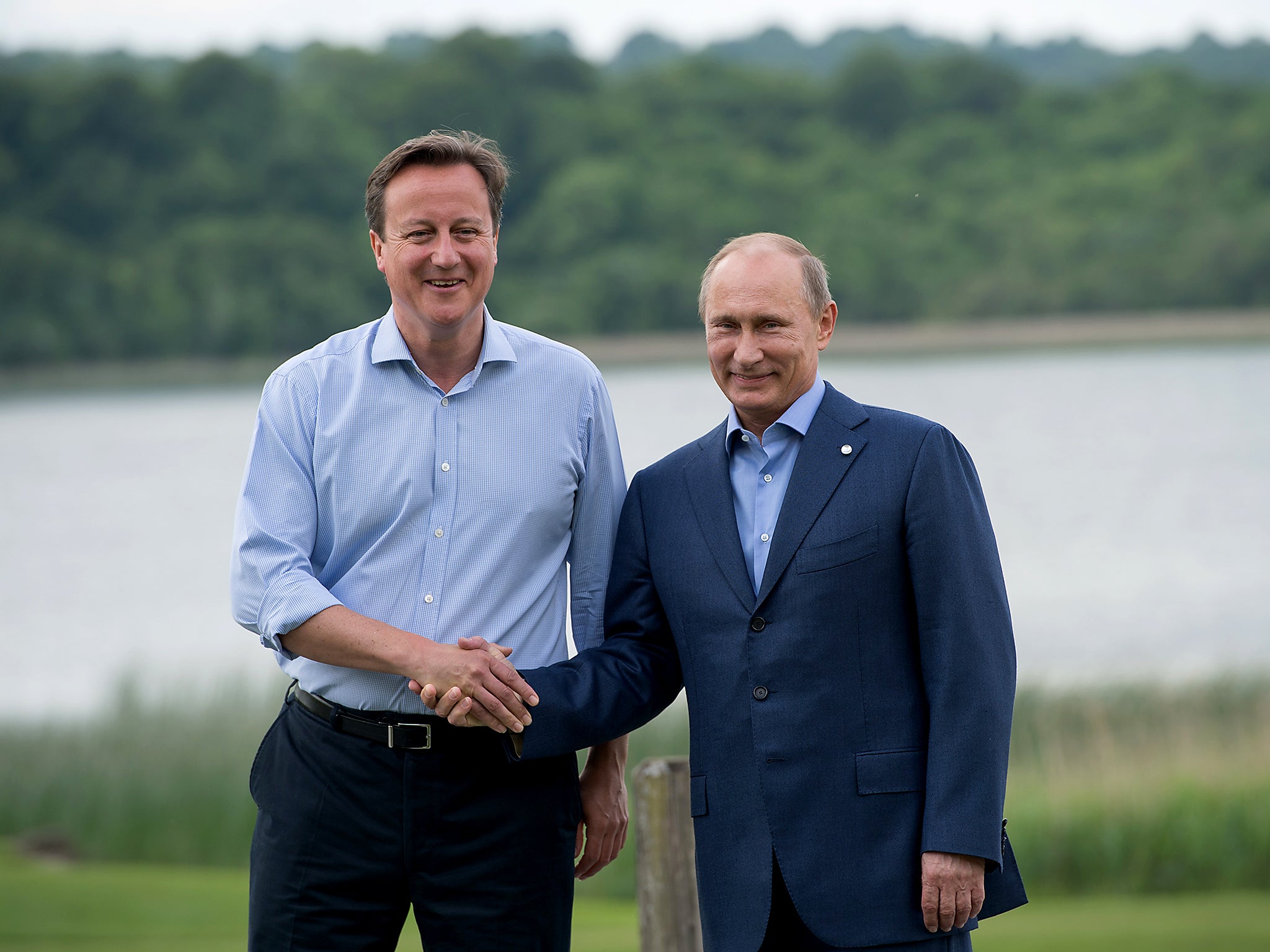Russia accused of launching hacking campaign during UK general election
Political parties have approached security agencies for assistance following the hacking of the Democratic Party’s emails during the US election

Your support helps us to tell the story
From reproductive rights to climate change to Big Tech, The Independent is on the ground when the story is developing. Whether it's investigating the financials of Elon Musk's pro-Trump PAC or producing our latest documentary, 'The A Word', which shines a light on the American women fighting for reproductive rights, we know how important it is to parse out the facts from the messaging.
At such a critical moment in US history, we need reporters on the ground. Your donation allows us to keep sending journalists to speak to both sides of the story.
The Independent is trusted by Americans across the entire political spectrum. And unlike many other quality news outlets, we choose not to lock Americans out of our reporting and analysis with paywalls. We believe quality journalism should be available to everyone, paid for by those who can afford it.
Your support makes all the difference.Political parties in the UK have asked for help from the security agencies following a cyber attack during the 2015 British general election and the hacking of the Democratic Party emails as part of an alleged campaign by Vladimir Putin’s government to help Donald Trump win the US presidential elections.
The head of the UK’s new National Cyber Security Centre, Ciaran Martin, revealed that “informal” talks had been held with the political parties and a programme to protect their sensitive online information will be put in place in the near future.
It also emerged that there is evidence of attempted cyber attacks in the run-up to the May 2015 British general elections, with a rise in clandestine online activity by the Russians across the UK at the time.
This followed an attack on France’s TV5Monde by hackers believed to be linked to the Kremlin, an act which demonstrated, said Mr Martin, a “step change” in Russian cyber aggression.
Speaking about the security needs of British politics after the opening of the Centre in central London by the Queen, Mr Martin said: "There is talk about it [with the parties] and we are ready to work with them. We have had some approaches and we would expect to be offering seminars and that sort of thing for political parties in the future. We have not done it yet: but we would expect to do so.”
Mr Martin said he wanted to stress the need to protect Britain’s political system as a whole from the danger of cyber attacks: “ What I would say is that protecting the integrity of the electoral democratic system is a top priority. You have to look at the totality of this. Of course, we will try to look at political parties. We support the parliamentary authorities at their request. We look at what is going on in government networks.
“We did a huge amount of work in the last parliament when there was the move to online and individual electoral registration to protect that system. As well as parties, we would look at government departments, the media, think-tanks, and high profile individuals who may be under threat.”
Ian Levy, the chief technical director at the Centre, drew an analogy between the threat faced by business and politics and the response needed. “Political parties were set up like medium-sized enterprises and constituency parties like small enterprises” he stated. “The kind of advice given to medium-sized and small enterprises could also be given to political parties. We are looking at all this.”
There had been persistent and rising reports of the Kremlin’s interference in the West’s political system using cyber attacks amid claims that the coming elections in Holland, France and Germany, with right-wing populist parties which have varying degrees of Russian support, may be vulnerable. Mr Martin said: “Across the West we are on the alert and looking at defences in that sort of areas of the electoral process. This is obviously an area of concern.”
In one of the latest allegations the Kremlin is accused of targeting Emmanuel Macron, the frontrunner in the French presidential elections, who may end up in a second round run-off against Marine Le Pen, the Front National candidate, who is a professed admirer of Mr Putin.
Richard Ferrand, the head of Mr Macron’s party, held that “ fake news” has been circulated about the candidate and his campaign has faced “ thousands” of cyber-attacks. But Kremlin spokesman Dmitry Peskov maintained "We didn't have and do not have any intention of interfering in the internal affairs of other countries, or in their electoral processes in particular.That there is a hysterical anti-Putin campaign in certain countries abroad is an obvious fact."
Join our commenting forum
Join thought-provoking conversations, follow other Independent readers and see their replies
Comments